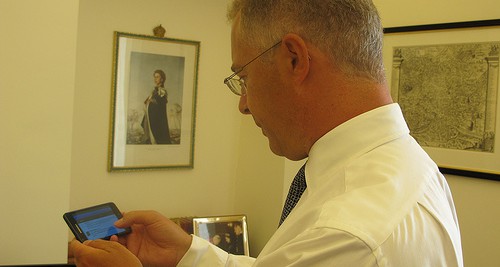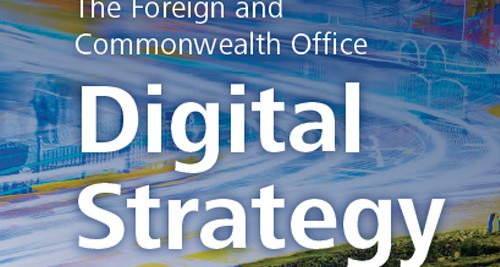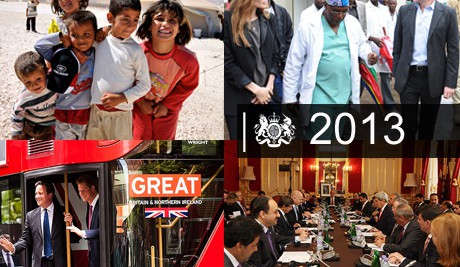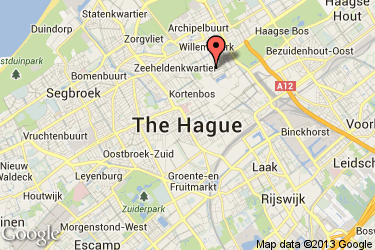29th January 2014
London, UK

Over 4,600 twitter followers, a blogging Ambassador, a gallery online telling UK-Holy See relations in pictures. These are part of the digital footprints of our small Embassy (five of us in total): the oldest UK diplomatic representation abroad, @UKinHolySee to name it in tune with the times. Digital media have become an essential part of […]
Read more on Digital at heart | Reply
20th December 2013
London, UK

One year ago this week we published the Foreign Office Digital Strategy, looking at how we would make the most of the opportunities of digital in our work. The Strategy set a clear vision – making use of digital tools in every element of foreign policy work; and moving to provide our services digitally by […]
Read more on Foreign Office Digital Strategy: one year on | Reply
19th December 2013
Washington DC, USA
In my lifetime, the rise of digital communications has changed nearly every aspect of our daily activities. And in foreign policy, the world is changing as a result of digital’s ability to give a voice to so many. We have seen social media play a huge role in regime change in the Arab world, we have […]
Read more on Making all voices count online and “IRL” | Reply
16th December 2013
London, UK

A timeline taking a look back at some of the major events that took place in 2013.
Read more on 2013: A year in review | Reply (1)
29th November 2013
Beirut, Lebanon
French diplomat Jules Cambon saw the dangers of diplomatic openness in 1931, complaining that ‘the activities of the press, and ignorance of a public that insists on being told everything, do not create an atmosphere favourable to prosecution of political designs’. He was right, long before Assange and Snowden, that the media would sweep away […]
Read more on Waves, Arguments and Cliffhangers: Ten Ways Diplomats Can Communicate Better | Reply (1)
22nd November 2013
Kingston, Jamaica
I was very interested to see a letter last month in The Jamaica Gleaner newspaper with the above title, expressing confusion and scepticism as to the purpose of Embassies. Given that I work in one (a High Commission is just the name for an Embassy between Commonwealth Countries), this set me thinking. I love my […]
Read more on What are Embassies for Anyway? | Reply (17)
22nd November 2013
London, UK

Within the context of a globalized environment, each institution, whether public or private, needs to take the maximum advantage of social media channels, which usually include very low costs and have a wide range of coverage. In an embassy like ours in San Salvador, the digital work and maximization of resources takes great relevance because […]
Read more on Digital Diplomacy in El Salvador | Reply (2)
21st November 2013
London, UK

During a crisis Twitter has proved essential for the dissemination of critical information. Building on this reputation Twitter launched a new service called Twitter Alerts in the US, Korea and Japan in September 2013. Twitters have now released the service in the UK and the Foreign Office has signed up to take part. The service […]
Read more on Foreign Office Twitter Alerts: Supporting British nationals in a crisis | Reply
30th August 2013
Beirut, Lebanon
As you may have seen from the media and our digital comms, the UK has changed its travel advice for Lebanon. We are now advising against all but essential travel to Lebanon. For Brits intending to travel to Lebanon, this means that you need to assess whether your trip really is essential. For Brits already […]
Read more on Changes of UK Travel Advice | Reply (11)
3rd July 2013
London, UK

On 2 April the International Law Team at the British Embassy in The Hague launched a Twitter account dedicated to international law issues. @UKintlaw is the first government Twitter account set up to tweet and engage solely on matters of international law. Its primary focus is on tweeting news arising out of events taking place within […]
Read more on @UKintlaw – tweeting and engaging on international law | Reply





